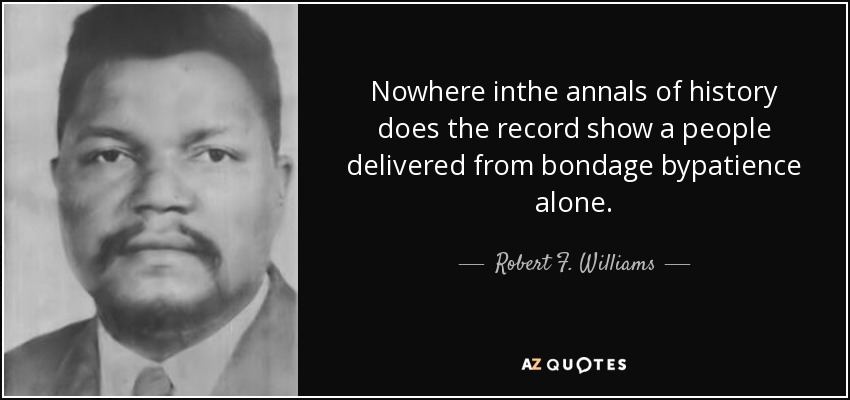

Harrison indicted the Socialist Party leaders, like organized labor leaders, who put the “white race” first, before class. After departing, he offered what is arguably the most profound but least heeded criticism in the history of the U.S.
HUBERT HARRISON QUOTES ON THE BLACK MASSES FREE
He also asserted that “the mission of the Socialist Party is to free the working class from exploitation” and that to champion the Black cause would become “the crucial test of Socialism’s sincerity.”īut the statements and practices of the Socialist Party caused him to leave it in 1914. startling to even think of,” he concluded. The presence of the Negro puts our democracy to the test and reveals the falsity of it.” True democracy and equality implies “a revolution. He maintained that “politically, the Negro is the touchstone of the modern democratic idea. and the race and nationalist movement associated with Garvey and Malcolm X.įrom 1911 to 1914, Harrison was a pioneer Black activist in the Freethought Movement and the leading Black theoretician, speaker, and activist in the Socialist Party of America. Harrison is a key link in two great strands of the Civil Rights and Black Liberation struggle-the labor and civil rights movement associated with Randolph and Martin Luther King Jr. He was a major influence on the class-radical Randolph, on the race-radical Marcus Garvey, and on other “militant New Negroes” and “common people” in the 1910s and 1920s. Harrison played significant roles in the largest class-radical movement (socialism) and the largest race-radical movement (the “New Negro” / Garvey movement) of his era. Philip Randolph considered him “the father of Harlem radicalism.” Rogers described him as “perhaps the foremost Aframerican intellect of his time.” The labor and civil rights activist A. Croix and based in Harlem, was a brilliant, autodidactic, working-class, race- and class-conscious writer, orator, editor, educator, book reviewer, political activist, and radical internationalist. Harrison Papers and diary, is believed to be the first full-life, multivolume, biography of an Afro-Caribbean and only the fourth of an African American after those Booker T. This two-volume biography, based on extensive use of the Hubert H. His newest book Hubert Harrison: The Struggle for Equality, 1918-1927, follows the earlier Columbia University Press publication of the highly acclaimed Hubert Harrison: The Voice of Harlem Radicalism, 1883–1918. Perry, who preserved and inventoried the Hubert H. Today’s AHA virtual book exhibit feature comes to us from Jeffrey B. ” -Brent Hayes Edwards, author of The Practice of Diaspora: Literature, Translation, and the Rise of Black Internationalism Thanks to Perry’s definitive portrait, it will no longer be possible to overlook the fierce and flinty polymath who was arguably the most brilliant Black radical intellectual of his generation. “This long-awaited final volume guides us through the last decade of Harrison’s life, when he played a major role in the political upheavals and cultural transformations that shaped Harlem in the wake of the First World War.


 0 kommentar(er)
0 kommentar(er)
